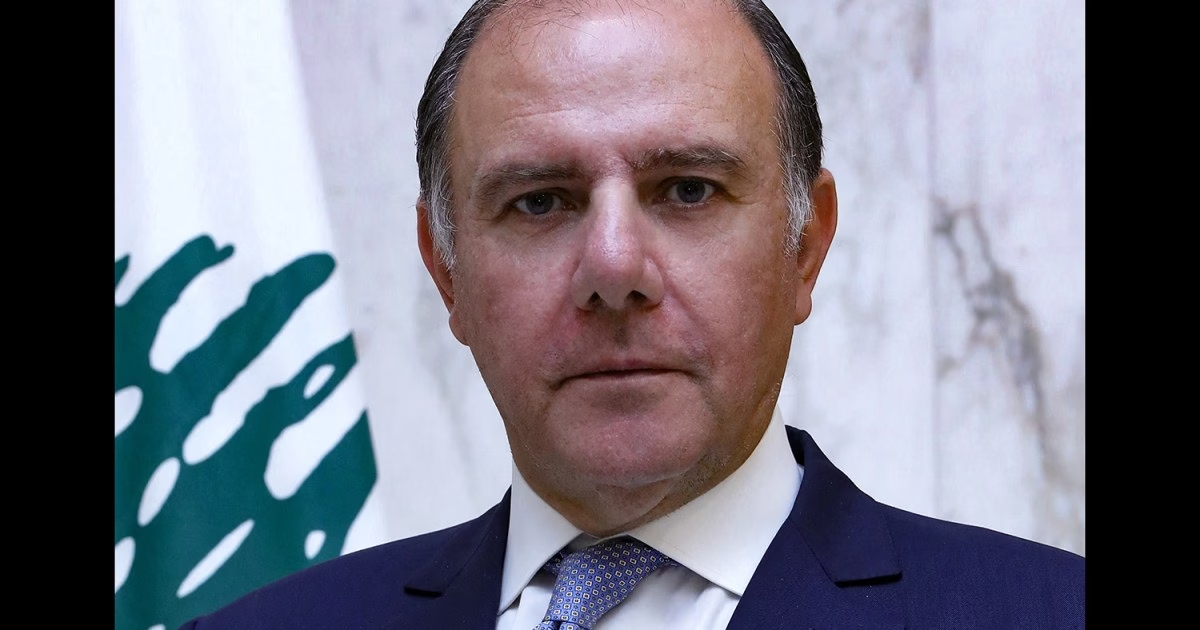Beirut, Lebanon – Lebanon’s council of ministers has appointed Karim Souaid as the country’s central bank governor. Souaid, backed by Lebanon’s bank lobby and a businessman, represents what many see as the emblem of Lebanon’s current economic struggles.
Following a devastating war with Israel, Lebanon is in critical need of funds for reconstruction and economic recovery. Since 2019, the country has faced one of the worst economic crises in modern history, with state services significantly affected, including the electricity sector, forcing those who can afford it to rely on private generators. The World Bank estimates that US$11 billion is required for the recovery, highlighting the critical role of the next central bank governor in unlocking IMF funds and encouraging international support.
On Wednesday, Lebanese media reported Souaid as the leading candidate. Despite the IMF’s lack of comment on candidates, concern remains that Souaid’s proposed policies do not align with the required reforms. Two distinct groups have emerged in reaction to Souaid’s candidacy. On one side, in support of Souaid, are the banks, banking lobby, prominent traditional parties including opposing forces like Hezbollah and the Lebanese Forces, as well as President Joseph Aoun. On the other side are reformist ministers, independent MPs, NGOs advocating for changes, and skeptics, including Prime Minister Nawaf Salam, expressing reservations about the new appointment.
According to economic adviser and Depositors Union member Mohammad Farida, critcisms abound that demonstrate Souaid is too closely aligned with power. His alleged policies, thought to be outlined in a 2023 paper funded by his investment firm, suggest depositors may face haircuts of up to 90%. Critics argue this proposal would sideline accountability for bankers and politicians who benefited from the system. The pushback from the pro-reform side, including the Depositors Union, demands that commercial banks bear the cost of repaying depositors, advocating for structural changes that could force bank mergers or closures. According to them, the state’s assumption of these losses could lead to bankruptcy, thereby hurting citizens unfairly.
This financial crisis and the struggle for accountability have been ongoing for years, with significant political deadlock and resistance to IMF-mandated reforms. Debs, a lawyer and Depositors Union member, depcries Souaid’s appointment, calling the banking industry’s influence a mafia-like control, with bankers as oligarchs. A pro-banker camp, led by bank chairman Antoun Sehnaoui, has been pushing Souaid’s candidacy. Sehnaoui is a significant player in Lebanese media and society, and critics suggest his influence is part of the reason behind the state’s inability to serve its citizens effectively. They argue that politicians, often funded by bankers or holding shares in banks, align Lebanon’s economic policy with the banks’ interests over public needs. The future looks challenging for reformists aiming for a fair recovery plan for depositors following Souaid’s appointment, indicating a potential shift in the country’s economic landscape.
Source: https://www.aljazeera.com/news/2025/3/30/is-lebanons-new-central-bank-governor-another-riad-salameh?traffic_source=rss
Like this:
Like Loading...







